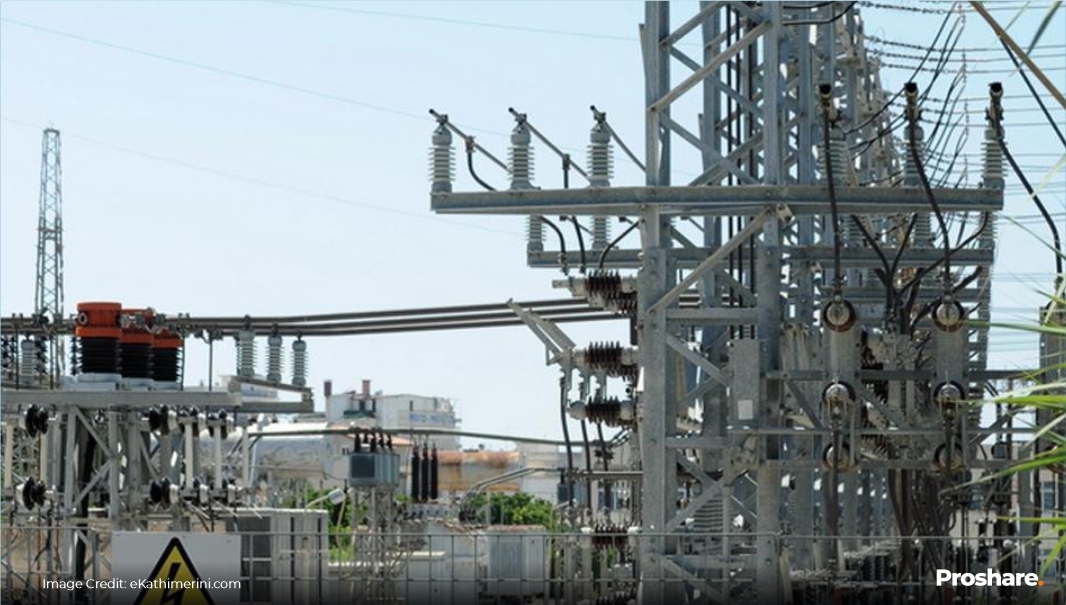Nigeria may lose its largest crude oil buyers, China and India, as both countries plan to negotiate Russian oil at discount prices.
India is said to be asking Russia for below $70 per barrel discount price.
The duo’s move comes as Europe considers banning Russian oil due to the country’s invasion of Ukraine.
OPEC’s Secretary-General, Mohammad Barkindo, during his address at the Offshore Technology Conference, OTC, in Houston on Wednesday, reiterated that there was no replacement for Russia’s 7 million barrels per day oil market supply.
The European Commission had proposed a full ban on Russian crude oil following the continued attack on Ukraine.
Tension to intensify clamours for the ban escalated on Thursday.
Although the proposed ban has sent oil prices above $108 per barrel, reports say countries are beginning to negotiate discount as low as $30 per barrel, with India and China being the latest negotiators for $70 per barrel and below to compensate for logistics, financing and sanctions troubles.
If India and China succeed in persuading Russia to sell at discounted prices, Nigeria will then lose its largest buyers. India could import as much as 15 million barrels of Russian oil starting from May.
Nigeria’s exports of crude oil to India were valued at $4.56 billion in 2020, while export to China was $1.02 billion, according to the United Nations COMTRADE database on international trade.
At 10.08am (Nigerian time) on Friday, Brent climbed to $112.60 per barrel, adding $1.54 or 1.39 per cent after a closing price of around $110 per barrel.
The European Commission President, Ursula von der Leyen, said at the European Parliament that as part of the sixth package of sanctions against Russia over its invasion of Ukraine, the Commission was proposing a complete ban on Russian oil imports starting at the end of the year.
“Let us be clear: it will not be easy. Some member states are strongly dependent on Russian oil. But we simply have to work on it. We now propose a ban on Russian oil. This will be a complete import ban on all Russian oil, seaborne and pipeline, crude and refined,” von der Leyen said.
“We will make sure that we phase out Russian oil in an orderly fashion, in a way that allows us and our partners to secure alternative supply routes and minimise the impact on global markets. This is why we will phase out the Russian supply of crude oil within six months and refined products by the end of the year,” the Commission’s president said.
Nigeria is currently struggling to meet up with OPEC production quota of 1.7 million barrels per day. The country’s current output hovers around 1.2mb/d, according to data from OPEC.










